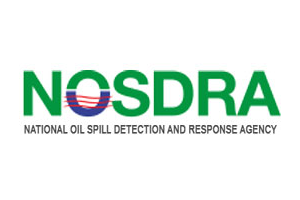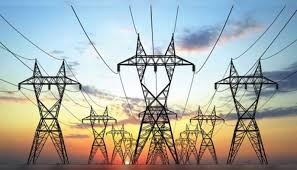
Stock market down by 30bn, on sell-off in Larfage Africa, Nigerian Exchange Group, others
By Philemon Adedeji
As the week opened yesterday, Nigerian equities reversed the three-day winning streak as the market capitalisation closed N30 billion lower.
The All Share Index (ASI) decreased by 54.42 absolute points, representing a decline of 0.11 per cent to close at 49,991.41 index points as against 0.31 per cent gain recorded to close at 50,045.83 index points at the end of previous trading session.Similarly, the market capitalisation lost N30 billion to close at N26.964 trillion.
The downturn was impacted by losses recorded in medium and large capitalised stocks, amongst which are; Lafarge Africa, Nigerian Exchange Group (NGXGroup), Stanbic IBTC Holdings, Zenith Bank and United Bank for Africa (UBA).
United Capital Plc said that “Looking ahead, we expect to see a gradual reduction in activity in the market as the MPC meeting draws nearer. In addition, we expect the impact of the increased benchmark lending rate on equity markets to continue to take effect. Investors are expected to continue cherry-picking stocks with solid underlying fundamentals.”
Market breadth closed negative as 12 stocks gained relative to 16 losers. Chams recorded the highest price gain of 7.69 per cent to close at 28 kobo, per share. Flour Mills of Nigeria followed with a gain 4.46 per cent to close at N29.30, while Nigerian Breweries appreciated by 3.72 per cent to close at N48.75, per share.
Pharma-Deko went up by 2.63 per cent to close at N1.95, while NPF Microfinance Bank appreciated by 2.47 per cent to close at N1.66, per share.
On the other hand, Associated Bus Company led the losers’ chart by 9.68 per cent to close at 28 kobo, per share. Japaul Gold & Ventures followed with a decline of 9.09 per cent to close at 30 kobo, while NGX Group went down by 4.55 to close at N21.00, per share.
Lafarge Africa lost 4.20 per cent to close at N23.95, while Cutix shed 3.77 per cent to close at N2.04, per share.
Also, the total volume of trades decreased by 16.3 per cent to 200.920 million units, valued at N1.446 billion, and exchanged in 3,976 deals. Transactions in the shares of Sterling Bank topped the activity chart with 90.896 million shares valued at N131.899 million. Fidelity Bank followed with 11.603 million shares worth N39.742 million, while United Bank for Africa (UBA) traded 10.649 million shares valued at N76.760 million.
Guaranty Trust Holding Company traded 9.996 million shares valued at N199.232 million, while Zenith Bank transacted 9.493 million shares worth N203.079 million.



